Jawai National Park is a unique wildlife destination in the Pali district of Rajasthan. Known for its thriving population of leopards, the park offers visitors a rare opportunity to witness these majestic big cats in their natural habitat. Apart from leopards, Jawai is home to various other wildlife species, including hyenas, sloth bears, and various bird species. Jawai’s unique landscape, with its rugged granite hills and tranquil lakes, makes it a perfect destination for wildlife enthusiasts, photographers, and nature lovers. The park also stands out for the harmonious coexistence between humans and wildlife, particularly the local Rabari herdsmen and the leopards.
Jawai National Park Location
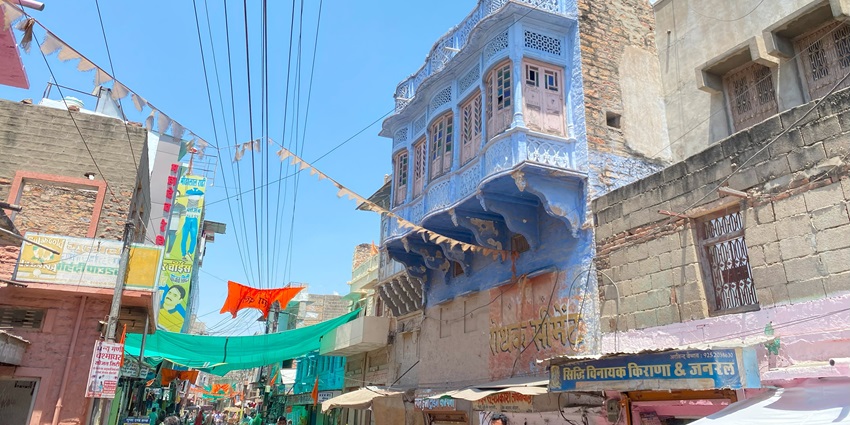
Photo: DHRUV Stock Footage / Shutterstock
Jawai National Park is located in the Pali district of Rajasthan, near the town of Sumerpur. The park forms part of the Jawai Bandh Leopard Conservation Reserve and is named after the nearby Jawai River and Jawai Dam. The region is known for its rugged terrain, granite hills, and large population of leopards, which can be spotted even during the daytime. The area surrounding the Jawai Dam is also rich in birdlife, making it a paradise for birdwatchers. The natural beauty and diverse wildlife make Jawai a must-visit destination for anyone exploring Rajasthan’s wildlife circuit.
Suggested Read: National Parks In Rajasthan
How To Reach Jawai National Park
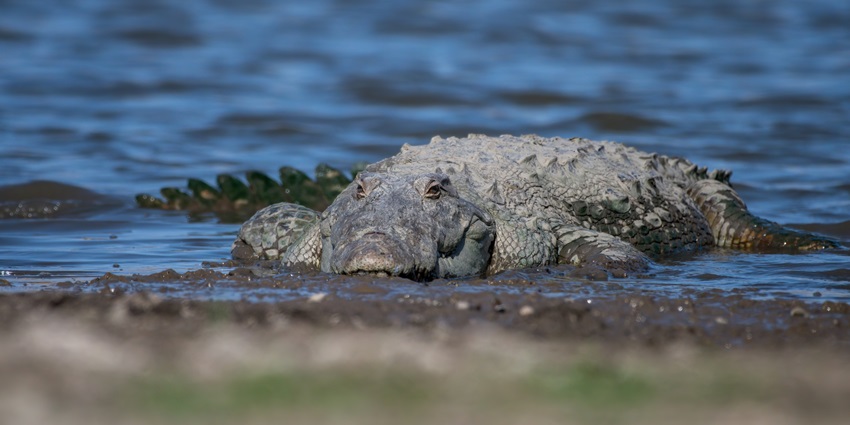
Photo: mihirjoshi / Shutterstock
By Air: The nearest airport is Maharana Pratap Airport in Udaipur, located around 150 kilometres from Jawai National Park. From the airport, visitors can hire a taxi or use ride-sharing services to reach the park.
By Rail: Jawai Bandh Railway Station is the closest railway station, located just 10 kms from the park. The station is well-connected to major cities such as Jodhpur, Udaipur, and Jaipur. Taxis and local transport options are available from the railway station to the park.
By Road: Jawai National Park is well-connected by road, with easy access from Udaipur (150 kms), Jodhpur (180 kms), and Jaipur (400 kms). Visitors can hire taxis, rent cars, or take buses from these cities to reach the park.
Places To Visit In And Around Jawai National Park
From majestic dams to grassy terrains, there are several places to visit in and around this national park, such as:
1. Jawai Dam
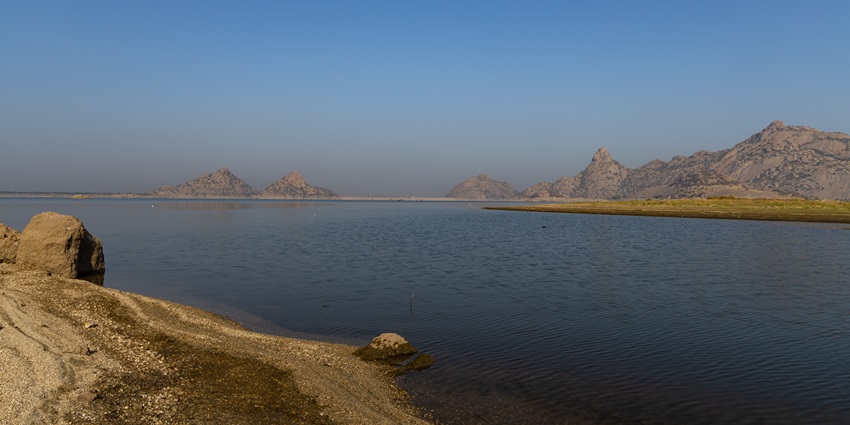
Photo: Sandeep-Bisht / Shutterstock
Jawai Dam is one of the largest dams in Rajasthan and a major tourist attraction near Jawai National Park. Built across the Jawai River, this impressive dam is not only essential for irrigation and water supply but also serves as a sanctuary for wildlife, especially migratory birds. During the winter months, Jawai Dam becomes a hub for birdwatching as thousands of migratory birds, including flamingos, pelicans, and cranes, flock to the area. The calm waters of the dam, surrounded by the rugged hills of the Aravalli range, provide a peaceful retreat for visitors looking to enjoy nature’s beauty. The stunning views of sunrise and sunset over the dam are not to be missed.
Timings: Open 24 hours
Entry Fee: Free
Suggested Read: Places To Visit Near Rajasthan For A Memorable Vacation Experience
2. Leopard Hills
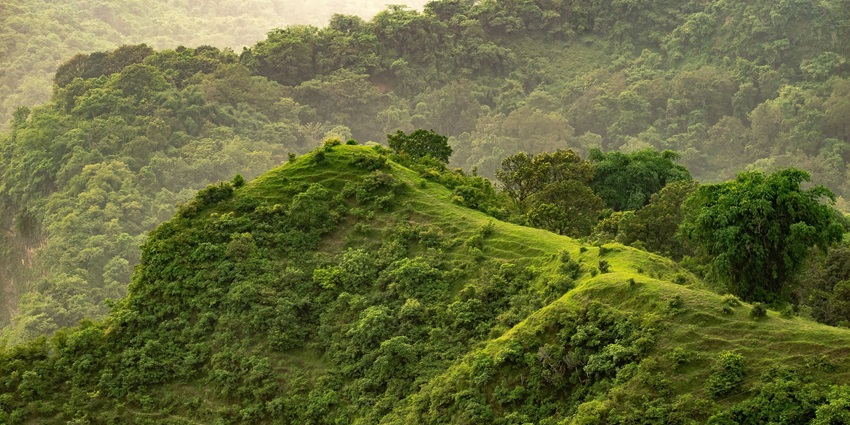
Photo: Anonymous / Pixabay / Image For Representation Only
Leopard Hills, located in the rocky terrain around Jawai National Park, is renowned for its population of leopards. What makes Jawai unique is the frequent sightings of leopards during the day, an occurrence that is rare in other wildlife reserves. The rocky hills and natural caves in this area provide perfect hiding spots and a natural habitat for leopards. Leopard safaris are the most sought-after activity in Jawai, allowing visitors to experience the thrill of spotting these elusive big cats in the wild. In addition to leopards, the hills are home to other wildlife species such as hyenas, jackals, and various reptiles.
Timings: 6 AM – 6 PM (Safari timings may vary)
Entry Fee: Safari prices range from ₹2,500 to ₹4,500, depending on the package
3. Kambeshwar Ji Leopard Sanctuary
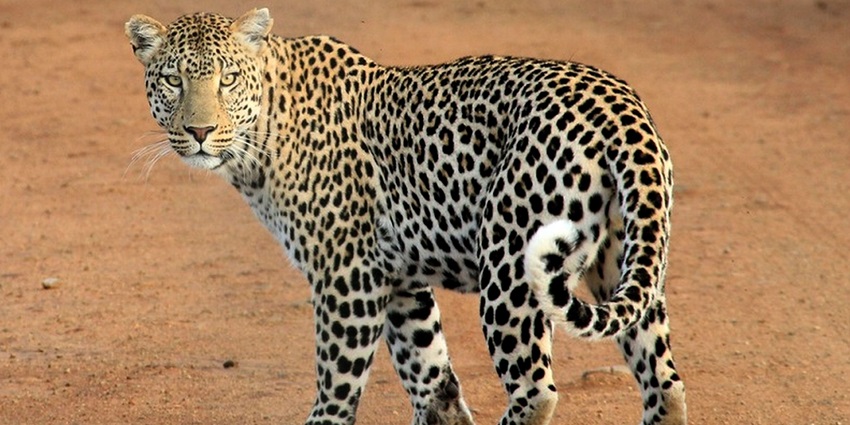
Photo: Anonymous / Pixabay / Image For Representation Only
Located near the Jawai Dam, Kambeshwar Ji Leopard Sanctuary offers a serene and natural environment for wildlife enthusiasts. This sanctuary is famous for its leopard sightings, but it is also home to other animals like sambar deer, hyenas, and a variety of bird species. The sanctuary’s landscape, with its rocky hills and open grasslands, makes it an ideal place for trekking and wildlife photography. In addition to its wildlife, the sanctuary is home to the Kambeshwar Mahadev Temple, a popular pilgrimage site dedicated to Lord Shiva. The combination of spiritual significance and natural beauty makes Kambeshwar Ji Leopard Sanctuary a unique attraction for visitors.
Timings: 6 AM – 6 PM
Entry Fee: ₹50 for Indian tourists, ₹200 for foreign tourists
Suggested Read: Explore The Top Wildlife Sanctuaries In Rajasthan For A Wild Adventure
4. Devgiri Hills
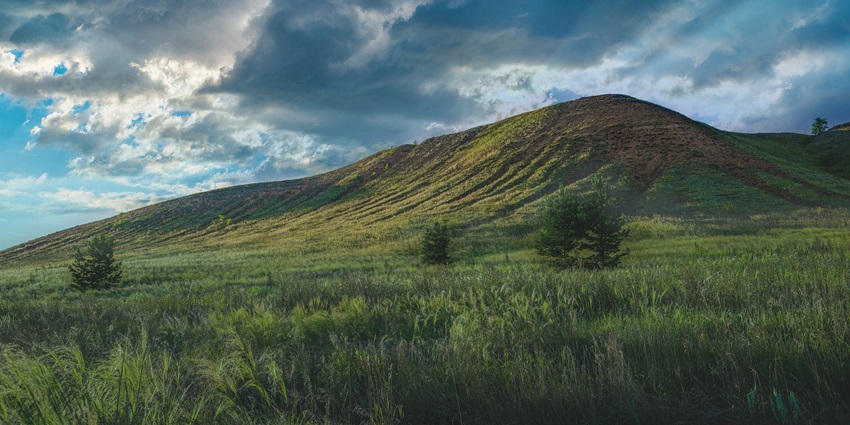
Photo: AriaFilm / Pixabay / Image For Representation Only
Devgiri Hills, situated near Jawai National Park, is a must-visit for nature lovers and adventure enthusiasts. These hills offer stunning views of the surrounding landscape and are known for their natural beauty and rich wildlife. Trekking up the Devgiri Hills provides a unique opportunity to explore the rugged terrain of the region while enjoying panoramic views of the Jawai Dam and the surrounding forests. The area is also home to ancient temples that are an integral part of local folklore and culture.
Timings: Open all day
Entry Fee: Free
5. Bera Village
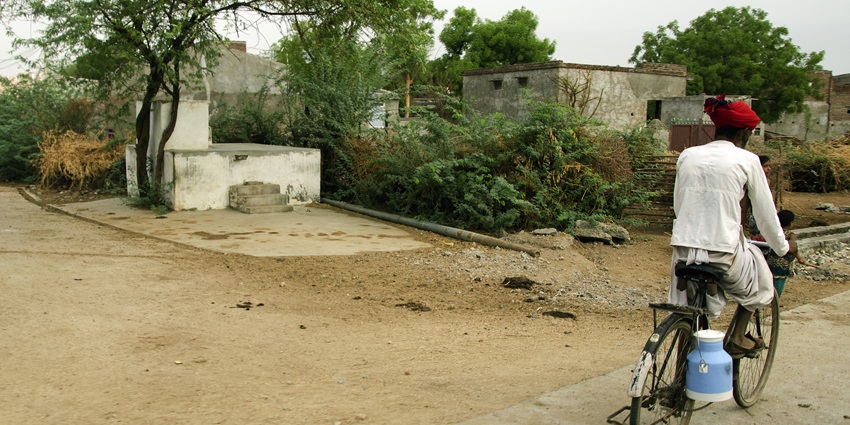
Photo: Koushik Ranjan Das / Wikimedia Commons
Bera Village, located near Jawai National Park, is renowned for its eco-friendly tourism and close-knit community that coexists peacefully with leopards. The Rabari herdsmen, who have lived in this region for centuries, maintain a unique relationship with the local wildlife, especially the leopards. Bera offers several boutique wildlife resorts and safari lodges, providing visitors with a comfortable stay while immersing themselves in the local culture. Visitors can explore the village, interact with the locals, and learn about their traditional lifestyle. The picturesque setting of Bera, with its granite hills and abundant wildlife, makes it a perfect destination for those seeking a blend of nature and culture.
Timings: Open all day
Entry Fee: Free (Safari charges extra)
Suggested Read: Jungle Safari In Rajasthan
Where To Stay
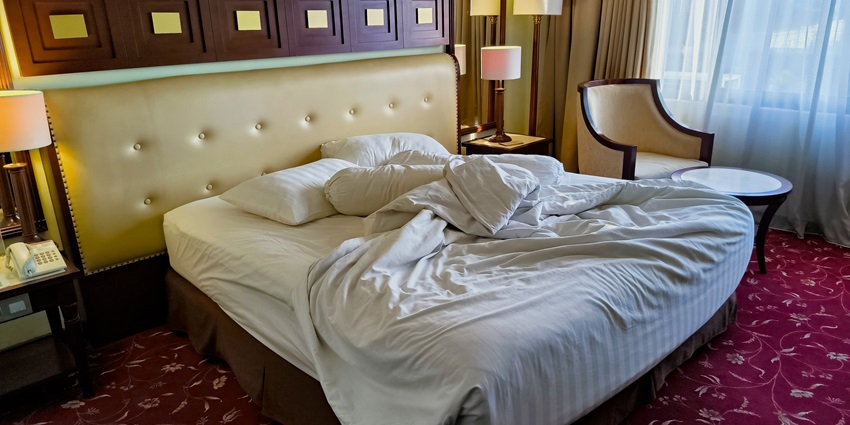
Photo: Influez Studio / Shutterstock / Image For Representation Only
There are several excellent accommodation options around Jawai National Park, ranging from budget guesthouses to luxury safari lodges. Popular options include Sujan Jawai Leopard Camp, which offers luxury tents and guided safaris, and Jawai Bandh Resort, known for its comfortable amenities and proximity to the park. For a more rustic experience, there are eco-friendly lodges and homestays in Bera Village, where visitors can enjoy a blend of luxury and local hospitality. Most accommodations offer guided safaris, birdwatching tours, and nature walks, making them ideal for wildlife enthusiasts.
Where To Eat
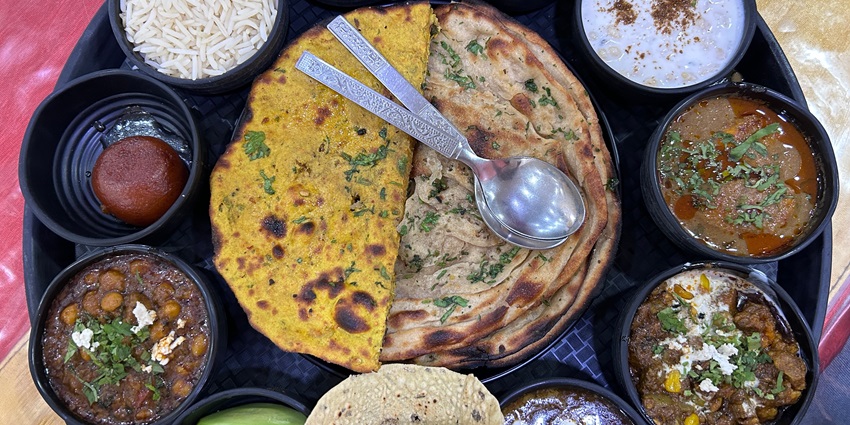
Photo: bhavnasindhwani11 / Shutterstock / Image For Representation Only
Most of the lodges and resorts around Jawai National Park offer in-house dining with a variety of cuisines, including traditional Rajasthani dishes and international options. Visitors can enjoy local favourites like dal baati churma, gatte ki sabzi, and laal maas at the resort restaurants. Some resorts also offer bush dinners and picnics by the Jawai Dam, providing a unique dining experience amidst nature.
Suggested Read: The Best Foods In Rajasthan
Best Time To Visit Jawai National Park
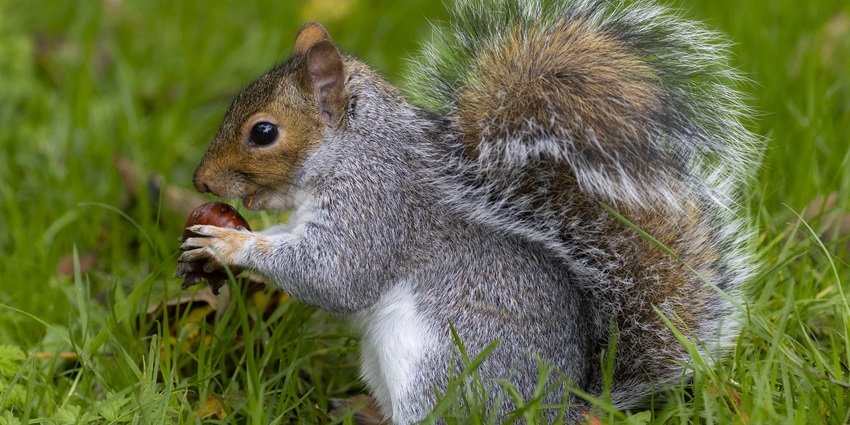
Photo: JonPauling / Shutterstock / Image For Representation Only
The best time to visit Jawai National Park is during the winter months, from October to March. During this time, the weather is cool and pleasant, making it ideal for wildlife safaris and outdoor activities. The chances of spotting leopards are higher in winter, as the animals are more active during the cooler months. Summers in Rajasthan can be extremely hot, with temperatures soaring above 40°C, making it uncomfortable for safaris. The monsoon season, from June to September, brings heavy rainfall to the region, limiting access to certain areas of the park.
Other Factors To Consider
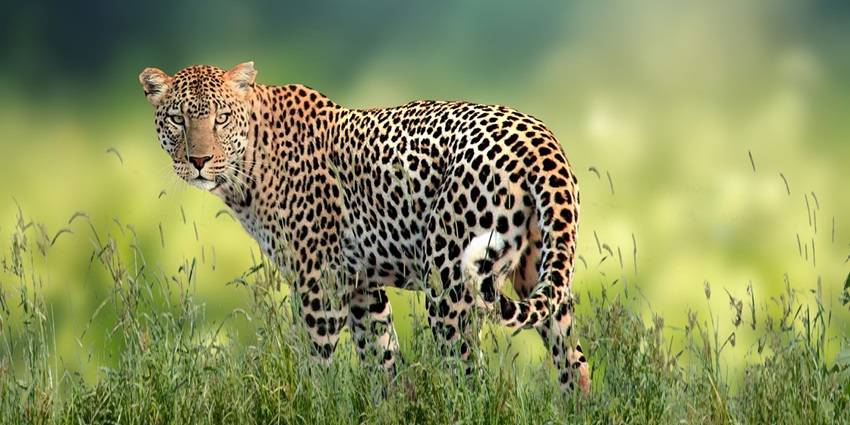
Photo: Syaibatulhamdi / Pixabay / Image For Representation Only
Average Cost Of The Trip
A typical trip to Jawai National Park can cost between ₹10,000 and ₹20,000 per person, depending on the type of accommodation, safari packages, and dining preferences. Budget travellers can find affordable guesthouses and local eateries, while those seeking luxury can opt for high-end resorts with private safaris and dining experiences. Safari costs range from ₹2,500 to ₹4,500 for a half-day jeep safari, and additional activities like birdwatching tours and village walks may incur extra charges. The entry fee at Jawai National Park is typically ₹200 for adults and ₹250 for children, with additional charges for certain rides and activities. The total cost will vary depending on your mode of transportation, type of accommodation, and the number of attractions you plan to visit during your stay.
Tips For Travellers
- Book Safaris Early: Make sure to book your safaris well in advance, especially during peak season, to ensure availability.
- Carry Binoculars and Cameras: For birdwatching and leopard spotting, bring along binoculars and a good camera to capture wildlife moments.
- Wear Neutral-Coloured Clothing: Opt for neutral or earthy-coloured clothing to blend into the natural environment and avoid attracting the attention of wildlife.
- Follow Guidelines: Always adhere to the park’s guidelines and listen to your guide’s instructions to ensure a safe and enjoyable experience.
- Stay Hydrated: Rajasthan’s dry climate can lead to dehydration, so carry plenty of water, especially during safaris and hikes.
- To keep your memories fresh, you can get official Jawai National Park photos.
Suggested Read: Places To Visit In Pali To Discover The Undiscovered
Jawai National Park is a unique wildlife destination in Rajasthan, renowned for its thriving population of leopards and stunning landscapes. Its setting, combined with opportunities for thrilling leopard sightings and birdwatching, makes Jawai National Park a must-visit for nature enthusiasts and wildlife lovers seeking an unforgettable experience in the wild. Plan your trip with TripXL and enjoy the adventures of this National Park.
Cover Photo: Bhasmang Mehta / Shutterstock


 WhatsApp
WhatsApp
 Twitter
Twitter









